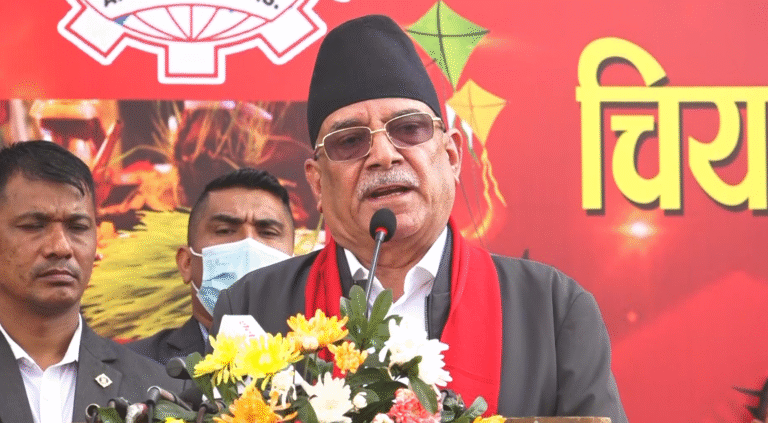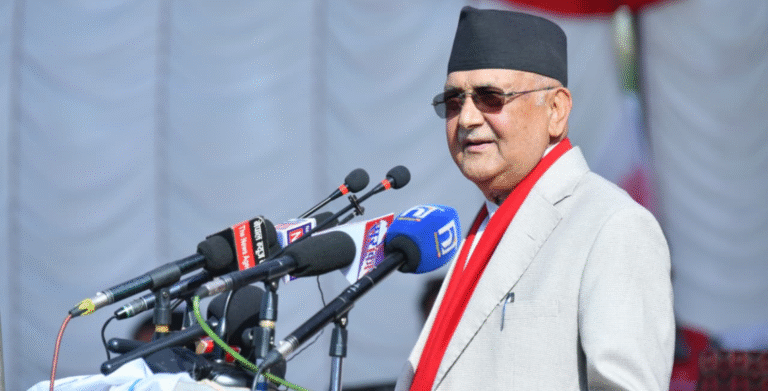
Japanese Encephalitis (JE) has killed 23 people in Nepal since January, according to the Family Welfare Division under the Department of Health Services. Data shows that 113 infections have been confirmed during this period.
So far, cases have been reported in 36 districts, with Lumbini Province recording the highest number of infections. Confirmed cases include 37 in Lumbini, 18 in Bagmati, 17 in Koshi, 16 in Gandaki, nine in Sudurpaschim, and two in Karnali Province.
Among the 23 fatalities, eight occurred in Lumbini, four each in Bagmati and Gandaki, three each in Koshi and Madhesh, and one in Sudurpaschim Province.
Japanese Encephalitis cases usually peak between July and November. The disease has a high fatality rate, with 15 to 30 percent of patients succumbing to the infection.
According to Dr. Sonia Bhagat, National Surveillance Officer at the World Health Organization, JE is a viral or bacterial brain infection transmitted by Culex mosquitoes. The disease can cause severe complications, including brain swelling, paralysis, loss of consciousness, coma, lifelong disability, and even death.
The Culex mosquitoes, most active during dusk and dawn, transmit the virus after biting infected pigs, boars, or birds and then biting humans.
Health experts recommend preventive measures such as sleeping under mosquito nets, wearing long-sleeved clothing outdoors, applying repellents, using mosquito coils or sprays indoors, and eliminating mosquito breeding sites by clearing stagnant water, bushes, and waste.
Although there is no specific treatment for JE, vaccination is effective in preventing infection. The government has included the JE vaccine in the national immunization program, providing free shots to children aged 12 months.




